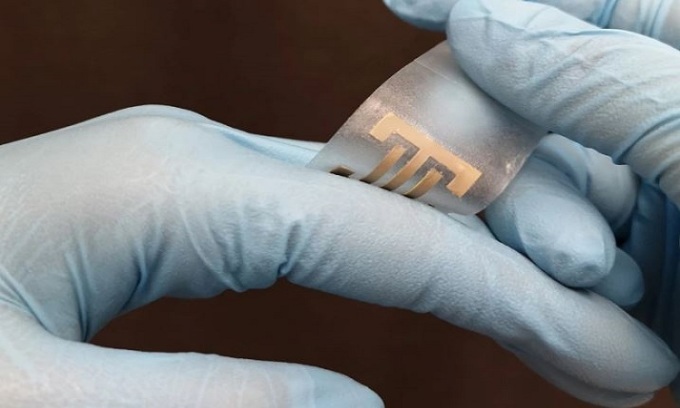The Baltic Sea is one of the most-studied, most-unique and most-threatened seas in the world. Marine biologists have been exploring new ways of utilizing the Baltic Sea’s resources to protect its ecosystem. Their findings can significantly improve its condition without causing any harm to the marine environment.
Eight countries took part in the three-year project to research different ways of taking advantage of the Baltic Sea’s existing marine resources. The project is known as ‘Submariner’ project.
The scientists explored different ways of utilizing macro and micro algae, microbes, mussels and common reed. They also analyzed new fish farming methods and prospective use of wave energy installations in the Baltic Sea.
All Baltic coastal states participated in this initiative except for Russia. Finland was represented by the Finnish Environment Institute SYKE. The country’s part of the project involved testing new methods of removing nutrients from the Baltic Sea to improve water transparency. They discovered that cultivating mussels, common reed and algae was a more efficient method of removing nutrients from the sea than macro algae cultivation.
As part of this initiative, the possibilities of using mussels and algae mass as animal feed, fertilizer or biogas production were also analyzed. However, the cultivation of mussels or algae in the Baltic Sea on a large scale has not proven economically viable due to high raw material prices currently.
Submariner project ended last month but it successfully raised awareness around the importance of improving the Baltic Sea’s condition by taking advantage of existing Baltic marine resources.






